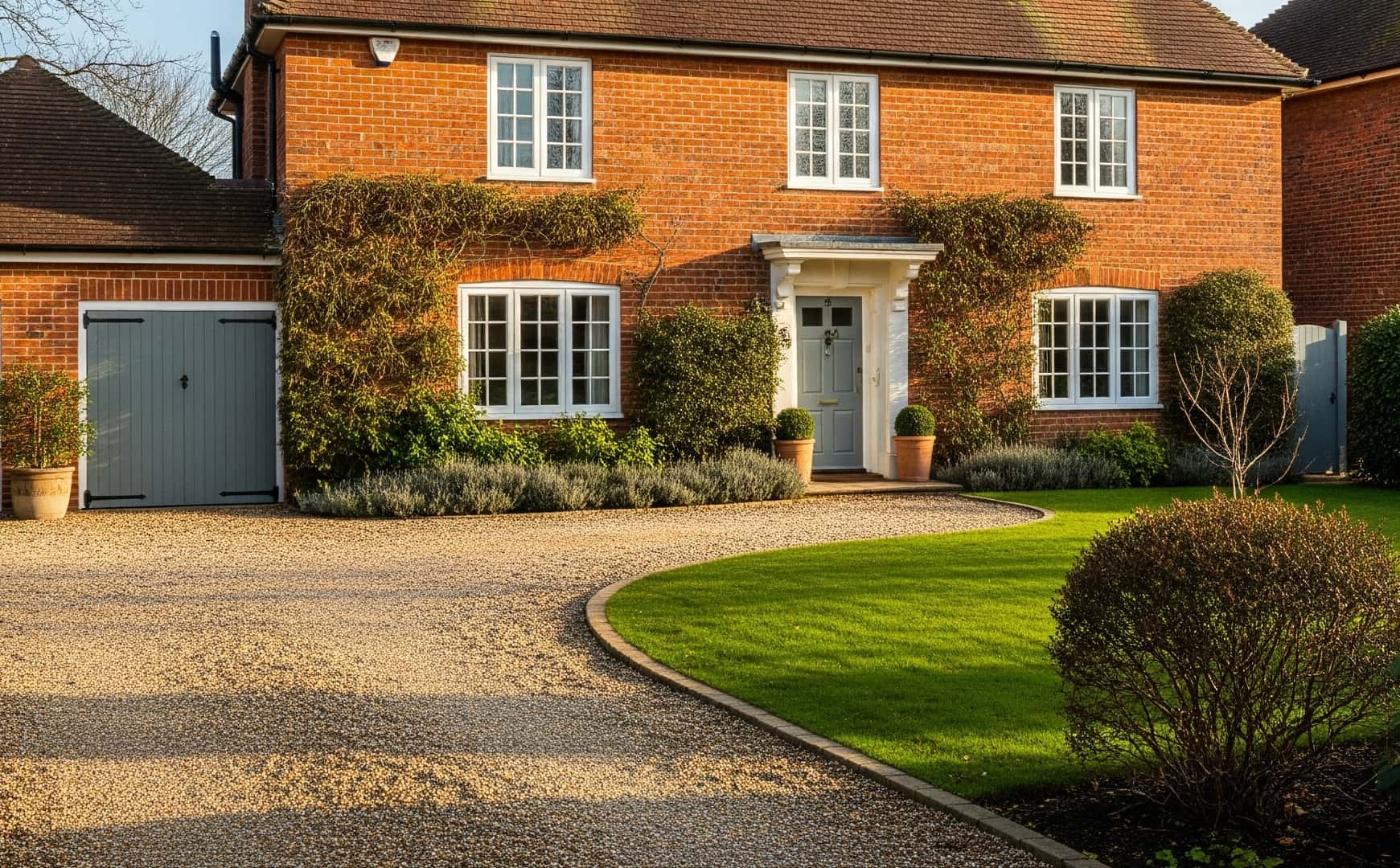Common Questions and Answers about Driveway Resurfacing
June 26, 2025 Driveway Resurfacing 4 min read

Driveway resurfacing helps homeowners freshen up tired, cracked or aging driveways without the cost or disruption of a complete replacement. It’s a solution that offers a fast transformation, but it’s natural to have questions about the process, materials and long-term value. If you’re wondering what driveways can be resurfaced, how the work affects your property, or whether you should repair or replace, you’re in the right place. This article sorts out the most common questions, dispelling misunderstandings and offering expert tips to help you make confident decisions.
What Is Driveway Resurfacing and How Does It Work?
Driveway resurfacing is the process of installing a new layer, usually a few centimetres thick, over your current driveway. This new topcoat covers damage, restores appearance, and can improve safety with a grippy, even finish. The process involves cleaning and preparing the old surface, fixing major holes or cracks, and then adding a fresh layer of the chosen surfacing material.
Different resurfacing materials offer different benefits, appearances and lifespans. If you’re curious about which surface is best for your home, get in touch and we’ll happily explain the differences between resin, tarmac, and more.
Which Materials Can Be Used for Driveway Resurfacing?
Common resurfacing materials include resin bound, tarmac, and concrete. Resin surfaces provide a smooth, decorative look and drain water well. Tarmac is tough, cost-efficient and classic, while concrete can be poured and patterned for a smart finish. Each option has unique strengths, colour choices, and price points.
To explore these choices and see which might fit your needs, have a look at professional driveway resurfacing services for practical comparisons and details.
When Should You Consider Driveway Resurfacing?
Often, resurfacing is ideal when your surface shows signs of age but isn’t severely failing. If your drive has cracks, fading, puddles or weeds but the base is solid, you’re a candidate for resurfacing instead of full replacement. Ignoring these signs can lead to deeper problems, so keep an eye on your surface.
For a detailed checklist, review the advice in how to tell when to resurface your driveway, which explains the warning signals and helps you decide when to act.
How Long Does a Resurfaced Driveway Last?
A resurfaced driveway typically lasts between 8 and 15 years. The lifespan depends on the chosen material, weather conditions and how well you look after the surface. Resin and tarmac offer slightly different longevity, while regular cleaning and prompt repairs can stretch out your investment.
Benefits of Driveway Resurfacing vs. Complete Replacement
Resurfacing a driveway costs less than full replacement, gets done faster and causes less disturbance. It also keeps more waste out of landfill and limits construction mess. Your drive looks brand new, boosting your property’s look and even helping with drainage.
For more about the value boost, see how driveway resurfacing can increase property value, including facts on kerb appeal and market price increases.
Can Driveway Resurfacing Solve Existing Surface Problems?
Resurfacing fixes common issues like minor cracks, faded colours and small dips or puddles. It doesn’t patch deep structural damage or a crumbling sub-base, where full replacement may be needed. If you’re unsure how far resurfacing can go, get a free assessment from a trusted expert.
Common Concerns About the Driveway Resurfacing Process
Customers often worry about delays, disruption, or how to care for a new surface. Most resurfacing can be finished within one or two days, and you’ll get clear care instructions. You may need to avoid driving on the fresh surface for a day or two, but foot access is often possible sooner. Professional companies offer workmanship guarantees for peace of mind, and they’ll share maintenance tips so your surface stays looking sharp.
Your questions, answered
Hopefully we’ve answered many homeowners’ questions about durability, appearance, and value for money, when it comes to a driveway resurface. Most concerns have straightforward solutions, especially when you have expert support. With clear signs to watch for, a good choice of materials, and practical benefits over full replacement, resurfacing is a smart way to keep your property looking great for years. If you still have questions or doubts, professional help is just a call away and will walk you through every step.
Get your free surfacing quote
Let our team of experts handle your surfacing — get a free quote today.